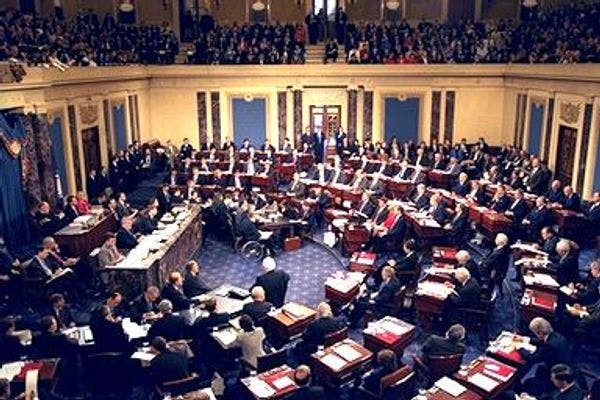Wikipedia - LordHarris
A tale of two cannabis votes
By John Walsh / Advocacy for Human Rights in the Americas
The first week of December 2020 will witness two of the most consequential sets of votes on cannabis policy since the 1961 Single Convention on Narcotic Drugs marked the advent of the prohibitionist global drug control regime, which allows for only medical and scientific uses of hundreds of psychoactive substances. Unfolding over the span of just a few days, the voting set to take place at the United Nations and in the U.S. House of Representatives may reverberate for years to come, setting the course of cannabis policy in the United States and globally.
On December 2 in Vienna, Austria, the 53 Member States of the UN Commission on Narcotic Drugs (CND) will vote on a package of six recommendations from the World Health Organization (WHO) regarding the scheduling of cannabis in the UN drug control treaties. Cannabis was originally placed—and remains still—in the strictest control schedules (I and IV) of the 1961 Convention, with even medical uses discouraged.
Later in the week, nearly 4,500 miles away in Washington, DC, the U.S. House of Representatives will take up the Marijuana Opportunities, Reinvestment and Expungement (MORE) Act. The most comprehensive cannabis reform legislation to ever reach the floor of the House, the MORE Act would decriminalize cannabis under federal law. The federal Controlled Substances Act (CSA) of 1970—enacted as the implementing legislation of U.S. obligations under the 1961 Convention—classifies cannabis (“marihuana”) in Schedule I, the most stringent level of federal control. Beyond removing cannabis from the CSA, the MORE Act would expunge prior federal marijuana convictions and impose a federal tax on cannabis sales, with the revenue to be invested in communities most affected by the “war on drugs”.
Topics
Regions
Related Profiles
- United Nations
- World Health Organization (WHO)
